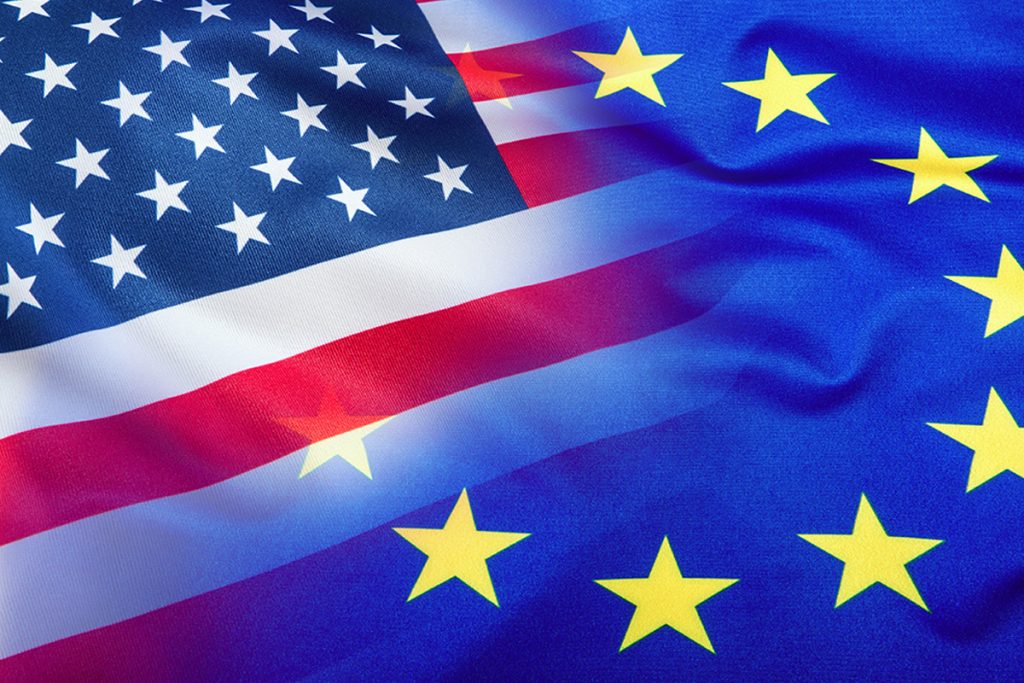The shifting political landscape across the Atlantic has ushered in a new era of security challenges for Europe. Since Donald Trump’s 2016 presidential campaign, questions about the reliability of U.S. commitments to NATO have surfaced, largely due to Trump’s indications that the U.S. might not defend NATO countries under attack. This potential shift in the trans-Atlantic alliance has raised significant concerns.
Trump’s “America First” approach has deeply resonated with his base, bringing the future of NATO into sharp focus. In response, European leaders have acknowledged the need for NATO to evolve in the 21st century. Consequently, Europe has increasingly recognized its obligation to take greater responsibility for its defense, significantly influencing the continent’s strategic stance over the past eight years.
The Trump era served as a critical wake-up call for Europe, demonstrating that U.S. military support could no longer be presumed. This was further emphasized by Russia’s aggressive actions, such as the invasion of Ukraine, highlighting the immediate threat on Europe’s eastern front. Simultaneously, the U.S. has shifted its focus to strategic challenges posed by China’s rise in the Asia-Pacific, alongside concerns regarding Iran and North Korea.
Reflecting on these developments, EU foreign policy chief Josep Borrell recently stressed the importance of Europe strengthening its own security measures. He pointed out the inevitable U.S. pivot to Asia, regardless of future election outcomes, underscoring the necessity for Europe to enhance its security capabilities.
For over seventy years, European countries have heavily relied on U.S. leadership within NATO, benefiting from its extensive nuclear and conventional military prowess. However, diverging interests between the U.S. and Europe now necessitate Europe assuming a more significant role in funding and leading the 32-nation alliance. Experts predict a future where the U.S. remains part of NATO but is no longer the indispensable leader.
NATO was established in the aftermath of World War II, with founding members signing the North Atlantic Treaty in 1949 to create a coordinated defense against Soviet threats. Traditionally, the U.S. has been a dominant force within NATO, with military expenditures nearly doubling those of all other NATO members combined. However, recent political moves, including Trump’s nomination of JD Vance as his running mate, who opposes U.S. support for Ukraine, underscore the growing expectation for Europe to enhance its defense capabilities.
The European Union is already addressing these concerns by planning substantial investments to strengthen its defense industry. These plans include streamlining arms procurement and boosting domestic production, reducing reliance on American military supplies. French President Emmanuel Macron has been a prominent advocate for European nations seeking greater autonomy in defense matters.
Additionally, NATO must adapt to address both conventional threats from Russia and emerging challenges from Iran, China, North Korea, cyber warfare, and foreign interference in elections. This adaptation requires European nations to bolster their military capabilities, including increasing troop numbers, upgrading equipment like tanks and fighter planes, and improving defenses against technological threats.
Finland and Sweden, NATO’s newest members, exemplify self-reliant defense within the alliance. These historically non-aligned countries have developed robust defense strategies to counter Russian threats independently, equipping their militaries with comprehensive capabilities. This contrasts with other NATO countries, which have traditionally depended on U.S. leadership and resources.
The current U.S. political climate further highlights the need for Europe to stand independently. Delays in U.S. military aid to Ukraine, due to internal political disputes, reveal the risks of over-relying on American support. As Europe navigates this complex security environment, the realization that it must no longer depend solely on U.S. protection has become increasingly apparent.
Europe is at a crucial juncture, reassessing its security strategies amidst trans-Atlantic uncertainties. The continent must enhance its defense capabilities, take on a greater leadership role within NATO, and prepare for a future where its security is more self-reliant. These changing dynamics underscore a broader shift towards a balanced and autonomous European defense posture.


